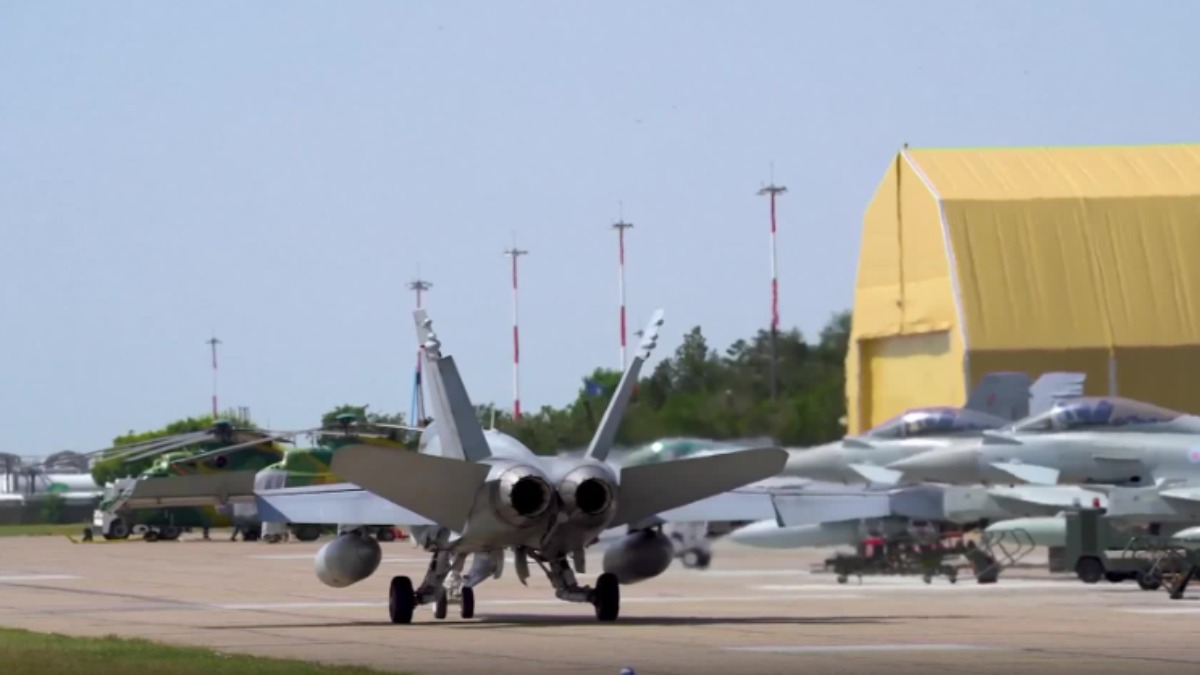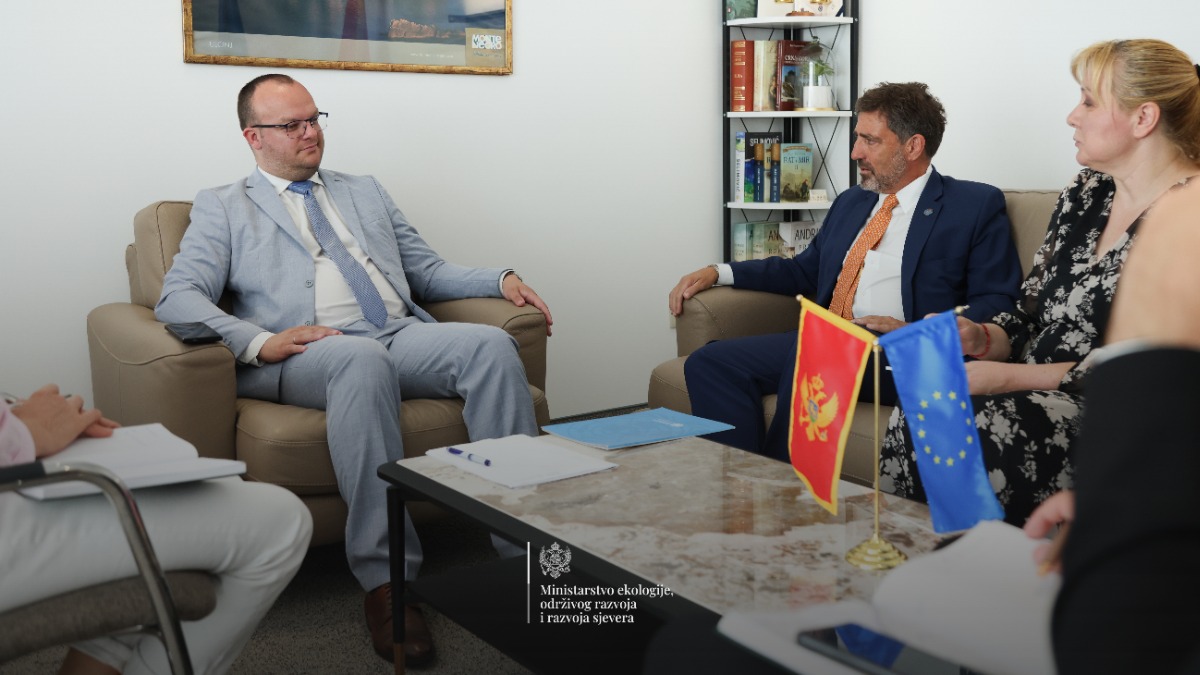The European Union is strengthening its defense capabilities through the SAFE joint arms procurement program, which allows member states and candidate countries, including Montenegro, to jointly purchase weapons and receive favorable loans. This program is a response to security challenges, particularly the war in Ukraine and the threat from Russia, aiming to increase defense spending and enhance cooperation among EU countries. However, some countries express concerns about the potential rise of hegemonic powers like Germany. The program is part of a broader EU strategy to boost military power and fiscal space for defense, with an expected agreement on increased spending at the upcoming NATO summit.
Political Perspectives:
Left: Left-leaning sources emphasize the importance of increased defense cooperation within the EU as a necessary response to external threats like Russia’s aggression in Ukraine. They highlight the benefits of collective security and the potential for economic growth through defense industry collaboration. However, they also caution against militarization and the risk of escalating arms races.
Center: Centrist perspectives focus on the pragmatic aspects of the EU’s SAFE program, recognizing it as a strategic move to enhance European security and reduce dependency on external powers. They stress the importance of balancing defense spending with economic stability and addressing public concerns about militarization and national sovereignty.
Right: Right-leaning narratives often emphasize national sovereignty and caution against the EU becoming dominated by larger powers such as Germany. They may express skepticism about increased defense spending and joint procurement, fearing it could lead to loss of control over national military policies and provoke tensions with Russia.












